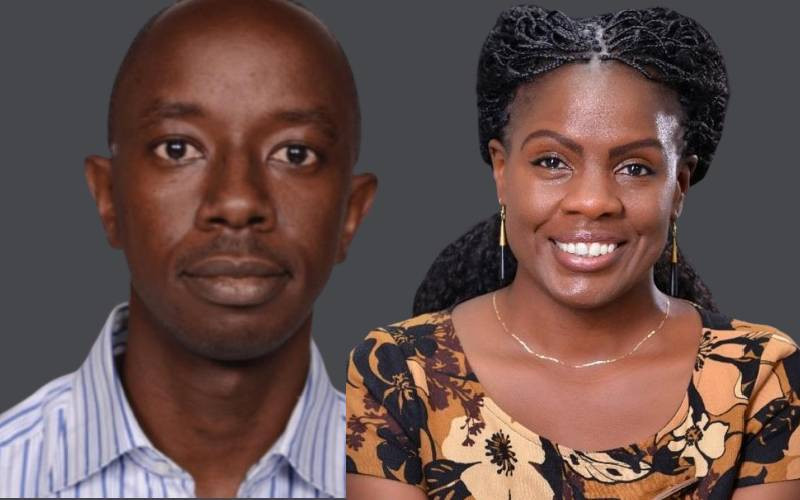×
The Standard e-Paper
Home To Bold Columnists

Dr Vincent Muturi-Kioi and Dr Norah Obudho.
In a world where HIV/AIDS continues to cast a long shadow, science has made remarkable strides, offering hope and progress on a global scale. Yet, as we navigate this ongoing battle, one glaring truth stands out: women's leadership is not just crucial; it's the missing piece in our quest to eradicate HIV/AIDS. While scientific breakthroughs have brightened the horizon, the critical role of women in shaping the future of this fight cannot be overstated